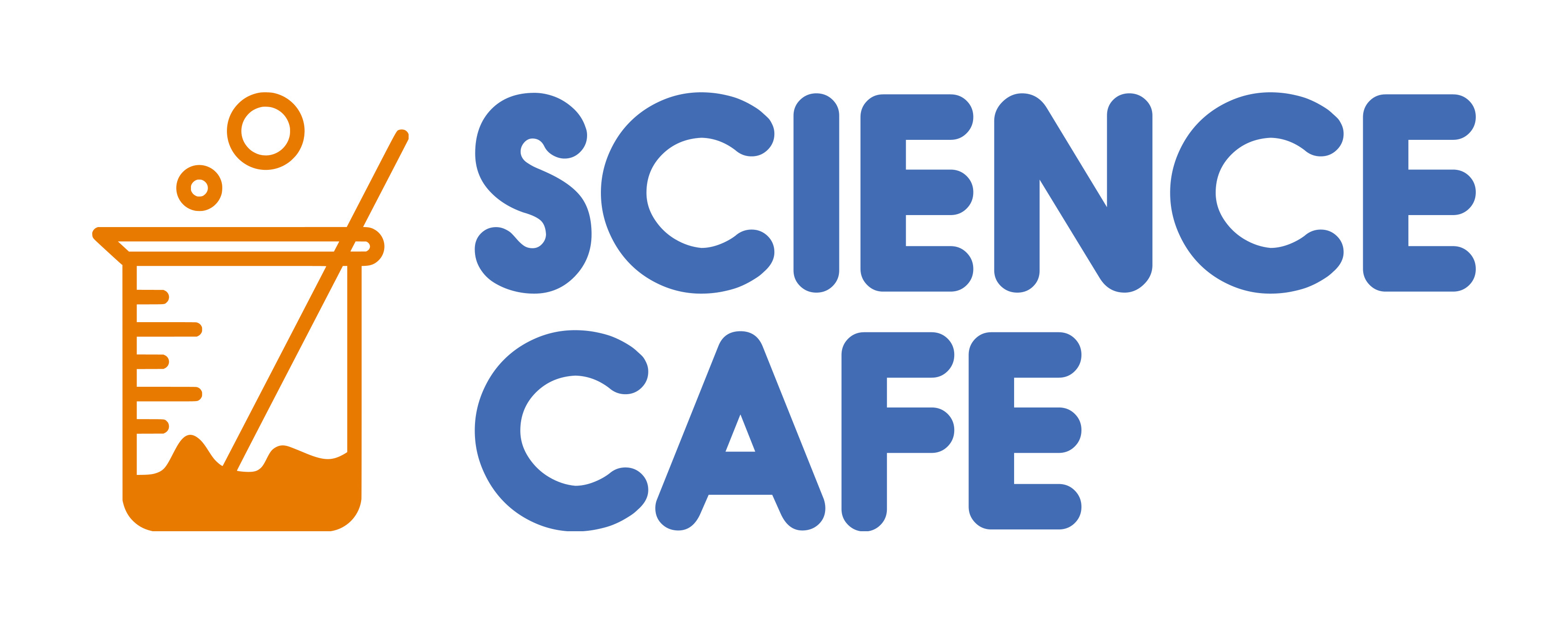Inheritance and Neurodivergence
Does Intelligence Come from Your Mum? Exploring Inheritance and Neurodivergence

There’s a popular claim that intelligence is inherited from mothers, not fathers — often shared in articles and social media posts with the confidence of settled science.
However, as with many aspects of genetics and psychology, the truth is a bit more nuanced.
Let’s take a closer look at what the research says, and how this might (or might not) connect to the inheritance of neurodivergence, including ADHD and autism.
Is There Any Truth to the “Mum Genes” Idea?
The theory originally comes from research into the X chromosome, which women have two of and men have just one. Some early studies suggested that genes linked to intelligence might be more likely to come from the maternal side — simply because of that second X.
One study back in 2016 from the University of Ulm looked at how genes behave differently depending on whether they’re inherited from mum or dad (that’s called genomic imprinting). The idea was that some of the genes involved in processes such as reasoning and problem-solving might be more active when inherited from the mother.
But here’s the reality: intelligence isn’t passed down through just one gene or one parent. Large-scale research shows that it’s polygenic — in other words, lots of genes work together. Moreover, factors such as upbringing, education, sleep, nutrition, and life experiences significantly influence the manifestation of intelligence.
So while mums might play a slightly bigger genetic role in some areas, intelligence definitely isn’t just “inherited from your mother.” It’s far more complex and shared across both parents — and life.
What About Neurodivergence?
It’s a similar story when we look at ADHD, autism, dyslexia, and other neurodivergent traits.
We know from family and twin studies that these conditions are highly heritable. For example:
ADHD has a heritability estimate of around 74%
Autism is estimated at around 80% or more
But again, this doesn’t mean that if a parent is autistic or has ADHD, the child will have it too — or vice versa. It’s not a direct hand-me-down. It’s usually a combination of multiple genes and environmental factors, each influencing things in different ways.
And interestingly, some of the same genes linked to neurodivergent traits are also associated with creativity, innovation, and non-linear problem-solving — depending on how they’re expressed and supported.
Does It Matter Which Parent It Comes From?
Currently, there’s no clear evidence that neurodivergent traits are more likely to come from one parent than the other. What we are starting to see more clearly is how factors such as gender, hormones, and social conditioning influence the expression and recognition of traits.
What I hear so often — and have experienced myself — is that many parents only realise they might be neurodivergent after their child gets a diagnosis. Suddenly, all those things you thought were “just you” or things you’ve worked hard to mask make more sense.
This is where science becomes personal. Understanding that your child’s brain might be similar to yours — not broken, not behind, just different — can be incredibly powerful and healing.
Final Thoughts
The idea that intelligence is solely inherited from mothers is appealing, but it’s an oversimplification. What we inherit, whether it’s intelligence, attention differences, or a creative way of thinking, comes from both our genes and our environment.
So if you’re starting to explore a new diagnosis in your family, try zooming out. What runs in your family might not just be eye colour or curly hair — it could be a wonderfully different way of seeing and engaging with the world.



